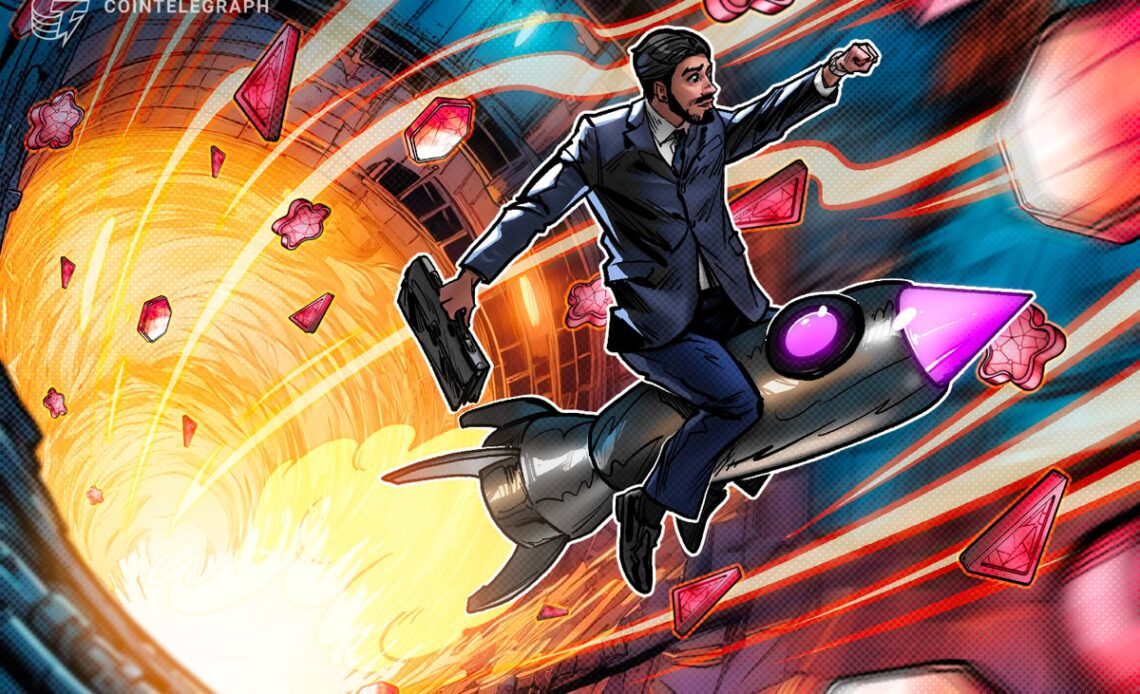The synergy between NFTs and DApps creates a dynamic ecosystem where digital ownership, decentralized finance and programmable assets converge, offering innovative solutions across various industries.
Intersection of NFTs and DApps
Decentralized applications (DApps) and nonfungible tokens (NFTs) are two important components of the blockchain and cryptocurrency ecosystems. Despite their disparate functions, there are several instances in which they coincide and enhance one another.
For instance, NFTs can be used in DApps to signify ownership or access privileges for both real and digital assets. DApps can tokenize unique goods, such as in-game assets, digital art or real estate, by utilizing NFT standards such as ERC-721 or ERC-1155.
NFTs are frequently used to represent in-game assets in gaming DApps. These assets are tradeable and buyable on secondary markets, which improves the idea of genuine ownership and compatibility across many virtual worlds or games.
Moreover, DApps built specifically to create, manage and trade digital valuables have become popular due to the rise of NFTs. Tokenizing their creations allows artists and content creators to produce one-of-a-kind digital assets that consumers can purchase, sell and own. This has given creators new opportunities to interact directly with their audience while providing collectors with a safe and verifiable method of obtaining digital asset ownership.
The programmable nature of smart contracts reinforces the convergence between DApps and NFTs. Smart contracts can be used by DApps to automate a number of NFT-related tasks, including content licensing, royalty distribution and even the implementation of dynamic features inside the NFT itself. The increased programmability of NFTs in decentralized applications improves their usefulness and functionality.
Related: The different types of NFTs: A beginner’s guide
What are NFT DApps?
Blockchain-based applications that integrate nonfungible tokens are known as NFT DApps. Using such apps, users can create, purchase, sell and trade original digital products, such as artwork, collectibles and in-game items. NFT DApps empower gamers, artists and content creators by utilizing the transparency and security of blockchain technology to transform ownership.
The importance of NFT DApps lies in providing a decentralized marketplace, fostering peer-to-peer transactions, introducing innovative ownership forms, disrupting established sectors and democratizing access to the…
Click Here to Read the Full Original Article at Cointelegraph.com News…
























